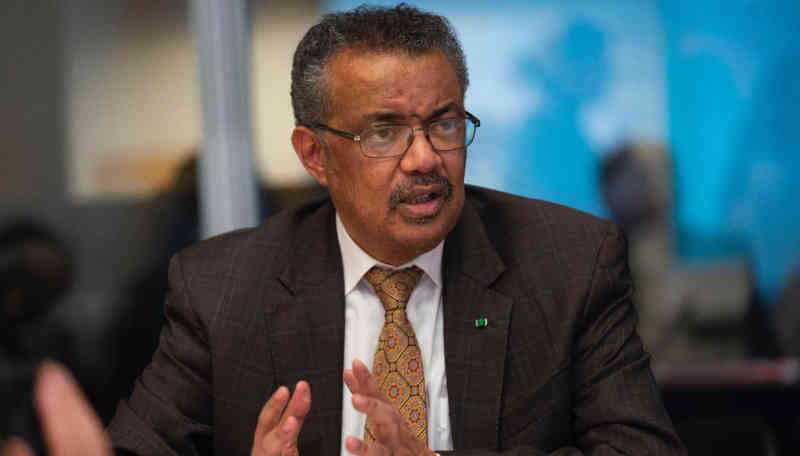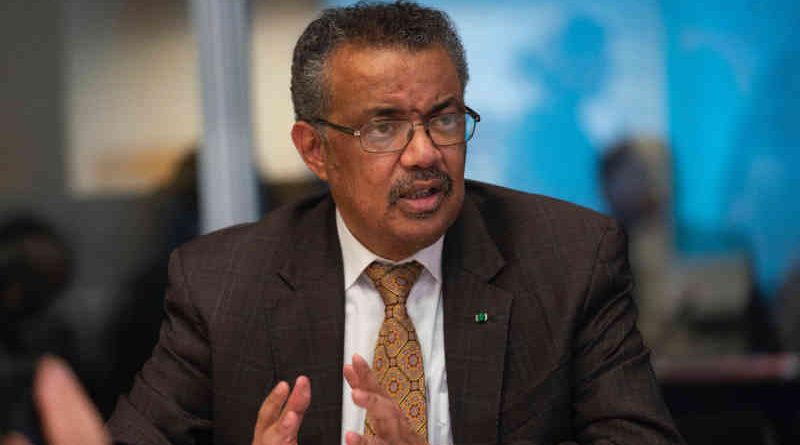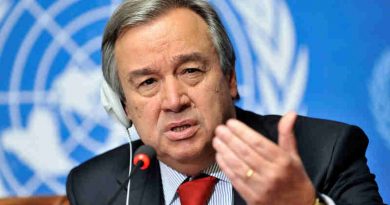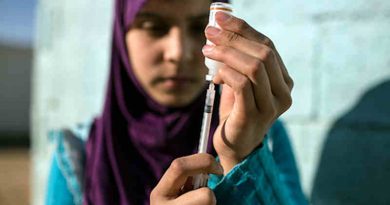Covid Vaccine Inequality: 20% in Poor Countries, 80% in Rich Countries

Only 20% of people in low- and lower-middle-income countries have received a first dose of vaccine compared to 80% in high- and upper-middle income countries.
Twelve months ago, according to WHO, the world came together to support COVAX, a multilateral initiative aimed at guaranteeing global access to life-saving Covid-19 vaccines.
With the support of the international community, COVAX immediately began securing financing, entering into negotiations with vaccine developers and manufacturers and addressing the host of technical and operational challenges associated with rolling out the largest and most complex vaccination programme in history.
WHO claims that COVAX has already achieved significant progress: more than US$10 billion has been raised; legally binding commitments for up to 4.5 billion doses of vaccine; 240 million doses have been delivered to 139 countries in just six months.
Yet the global picture of access to Covid-19 vaccines is unacceptable. Only 20% of people in low- and lower-middle-income countries have received a first dose of vaccine compared to 80% in high- and upper-middle income countries.
In the critical months during which COVAX was created, signed on participants, pooled demand, and raised enough money to make advance purchases of vaccines, much of the early global supply had already been bought by wealthy nations.
Today, COVAX’s ability to protect the most vulnerable people in the world continues to be hampered by export bans, the prioritisation of bilateral deals by manufacturers and countries, ongoing challenges in scaling up production by some key producers, and delays in filing for regulatory approval.
According to its latest Supply Forecast, COVAX expects to have access to 1.425 billion doses of vaccine in 2021, in the most likely scenario and in the absence of urgent action by producers and high-coverage countries to prioritize COVAX.
Of these doses, approximately 1.2 billion will be available for the lower income economies participating in the COVAX Advance Market Commitment (AMC). This is enough to protect 20% of the population, or 40% of all adults, in all 92 AMC economies with the exception of India. Over 200 million doses will be allocated to self-financing participants. The key COVAX milestone of two billion doses released for delivery is now expected to be reached in the first quarter of 2022.
In addition to working closely with participating governments to ensure the conditions are in place on the ground to facilitate successful rollout of vaccines, COVAX and its partners call on donors and manufacturers to recommit their support, and prevent further delays to equitable access by ensuring the following:
Manufacturers deliver to COVAX in accordance with firm commitments and provide transparency on timelines for availability to COVAX to allow countries to plan in advance.
Where countries are ahead of COVAX in manufacturer queues, and already have achieved high coverage, to give up their place in the queue to COVAX so that its participants can access the doses already secured via supply contracts and deliver vaccines to where they are needed most.
Expand, accelerate, and systematize dose donations from countries that are already well advanced in their vaccination programmes. This includes ensuring doses are available in larger and more predictable volumes, with longer shelf lives – reducing the burden on countries trying to prepare for deliveries.
As the Covid-19 pandemic continues to claim lives, destroy livelihoods, and stunt economic recovery, WHO emphasises that no one is safe until everyone is safe. There is only one way to end the pandemic and prevent the emergence of new and stubborn variants and that is by working together, WHO suggests.
💛 Support Independent Journalism
If you find RMN News useful, please consider supporting us.




